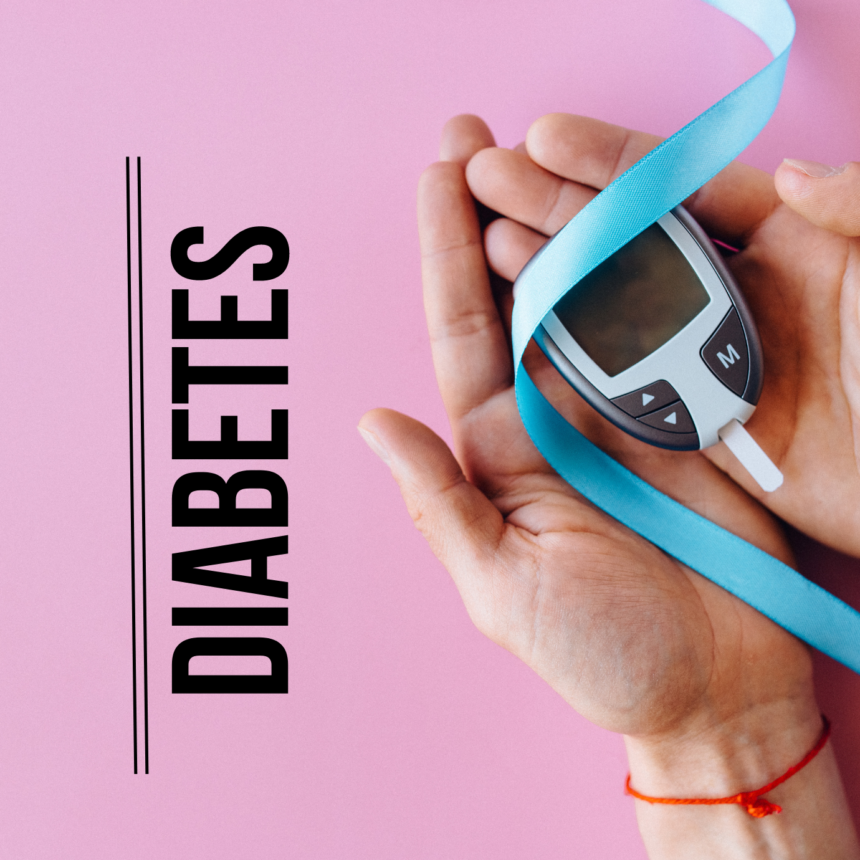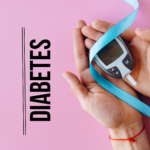Type 2 diabetes and obesity are two closely intertwined health conditions that have reached epidemic proportions globally. One of the key links between these two conditions is insulin resistance. In this article, we’ll delve into what insulin resistance is, how it relates to both type 2 diabetes and obesity, and what individuals can do to manage and prevent these conditions.
Understanding Insulin Resistance:
Insulin is a hormone produced by the pancreas that plays a crucial role in regulating blood sugar (glucose) levels. When we eat, our blood sugar rises, prompting the pancreas to release insulin. Insulin acts like a key, allowing glucose to enter our cells and be used for energy. This process keeps our blood sugar within a healthy range.
However, in insulin resistance, the body’s cells don’t respond properly to insulin’s signal. They “resist” the insulin, making it difficult for glucose to enter. To compensate, the pancreas produces more insulin. Over time, this leads to higher levels of both insulin and glucose in the blood.
The Connection Between Insulin Resistance, Obesity, and Type 2 Diabetes:
- Obesity and Insulin Resistance: Obesity is a significant risk factor for developing insulin resistance. Excess fat, especially around the abdomen, releases chemicals that can interfere with insulin’s action. This creates a vicious cycle: insulin resistance can lead to weight gain, and obesity exacerbates insulin resistance.
- Type 2 Diabetes: Insulin resistance is a hallmark of type 2 diabetes. As the body’s cells become more resistant to insulin, blood sugar levels rise. To compensate, the pancreas produces even more insulin. Eventually, the pancreas can’t keep up, and blood sugar levels remain elevated, leading to a diagnosis of type 2 diabetes.
Other Factors Contributing to Insulin Resistance:
- Genetics: Some individuals are genetically predisposed to insulin resistance.
- Lifestyle: Sedentary habits, poor diet, and excess weight can all contribute to insulin resistance.
- Age: Insulin sensitivity tends to decrease with age, making older individuals more susceptible.
Prevention and Management:
- Healthy Eating: A balanced diet that’s low in processed sugars and saturated fats can help prevent and manage insulin resistance.
- Physical Activity: Regular exercise improves insulin sensitivity and helps control weight.
- Weight Management: Achieving and maintaining a healthy weight is key to reducing insulin resistance.
- Medications: In some cases, medications may be prescribed to improve insulin sensitivity.
- Regular Check-Ups: Monitoring blood sugar levels is crucial, especially for individuals at risk of insulin resistance.
In conclusion, insulin resistance is a pivotal factor linking obesity and type 2 diabetes. Understanding this connection underscores the importance of lifestyle choices in prevention and management. By adopting a healthy diet, staying physically active, and maintaining a healthy weight, individuals can reduce their risk of developing insulin resistance and its associated conditions.








